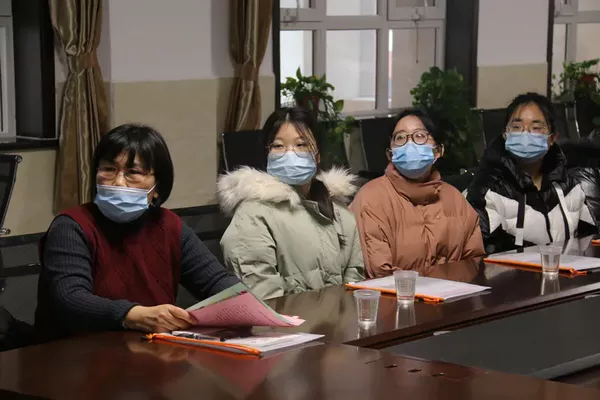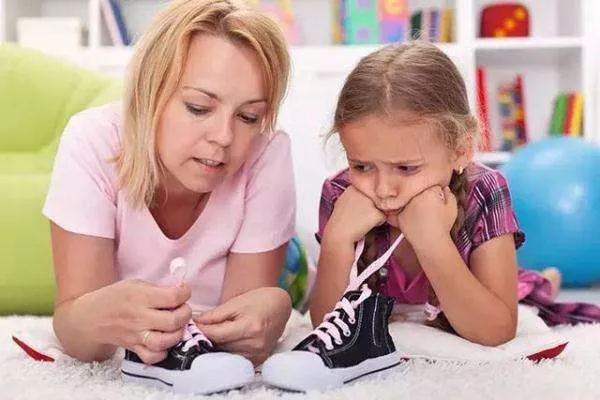In the aftermath of allegations against therapist Krishna Vemulapalli in Albuquerque, accused of inappropriate conduct with a child under his care, parents are increasingly vigilant about selecting a mental health therapist for their children.
Vemulapalli’s recent court appearance has sparked concerns among parents, prompting questions about how to navigate the process of choosing a suitable therapist for their child.
While securing an appointment with a mental health therapist may currently pose challenges due to high demand, experts caution against hastily selecting any available option.
Charlene Pyskoty, a licensed mental health therapist, underscores the importance of finding a therapist specializing in children’s mental health or possessing relevant experience. Utilizing online resources such as Psychology Today can offer valuable insights into therapists’ specializations and areas of expertise.
Analyzing therapists’ profiles on platforms like Psychology Today can provide crucial information regarding their scope of practice and licensing. Pyskoty highlights the significance of verifying therapists’ licenses, emphasizing the distinction between an LMHC (Licensed Mental Health Counselor) and an LPCC (Licensed Professional Clinical Counselor).
Additionally, parents are encouraged to actively engage in their child’s therapy sessions. Pyskoty emphasizes the importance of open communication with therapists and suggests discussing any concerns directly with them. Parents should feel empowered to request participation in therapy sessions if they suspect any issues or discrepancies.
Observing changes in a child’s behavior before and after therapy sessions is also recommended. Experts advise parents to be attentive to signs of reluctance or discomfort in their child’s demeanor regarding therapy and to engage in open dialogue to address any concerns.
By following these guidelines, parents can ensure that their child receives appropriate and effective mental health support from a qualified therapist.


























